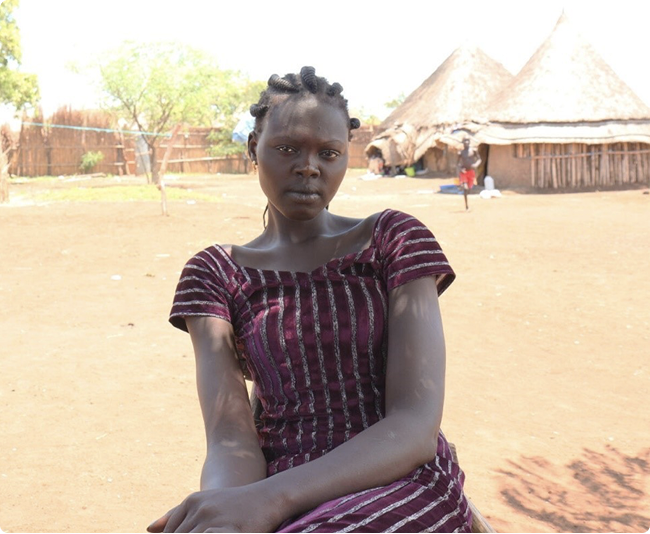
Chapter Two

From camps to society: refugees in Ethiopia
Ethiopia ranks among Africa’s top refugee-hosting nations, providing shelter to over 1 million refugees and asylum seekers, predominantly originating from South Sudan (53%), but also Somalia (30%) and Eritrea (5%).
[ETHIOPIA MAP SCROLLY]
The Socio-Economic Survey of Refugees in Ethiopia (SESRE) is the first nationally representative survey of refugees and their host communities in Ethiopia. It collected data from refugee and host households across camps and urban areas, though internally displaced persons were not included. The report “Expanding development approaches to refugees and their hosts in Ethiopia” builds on SESRE findings to provide critical insights into livelihoods, welfare, and social dynamics, aiming to guide development interventions.
Livelihood strategies vary depending on the refugee’s origin and settlement location. South Sudanese refugees usually engage in elementary occupations, while Eritrean refugees work in crafts and related trades, and Somali refugees work in a mix of services, sales, and skilled agriculture.
However, compared to the host population, refugees have higher unemployment rates relative to the host population located in the capital or near the camps. Refugee households are also younger, poorer and have a higher proportion of female heads.

The report highlights the importance of granting refugees the rights to work and move freely to access economic opportunities, enabling self-reliance. The survey suggests that the local population is generally supportive of the relocation of refugees to the country, with Ethiopians expressing positive attitudes toward them and endorsing their right to work, education, and healthcare.
The government has adopted progressive policies that grant refugee’ basic rights but still struggles to carry out this shift from camp-based policies towards enabling refugees’ self-reliance and economic integration.
A significant proportion of in-camp refugees working outside camps do so despite not having work permits. Enabling refugees to move to areas with greater economic opportunities, easing restrictions and providing work permits could significantly benefit refugees as the survey indicates that working outside of camps helps improve their livelihoods.
[NAVIGATION CARDS]


